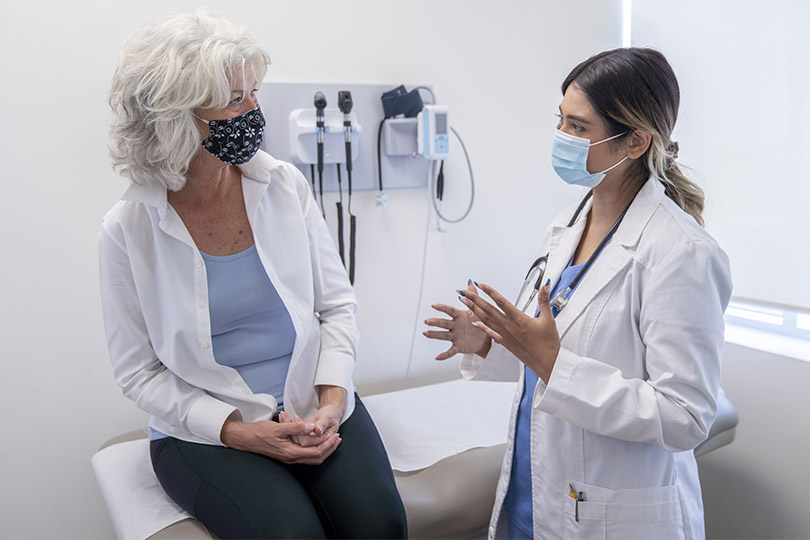What To Expect When You Get a Liver Transplant
What To Expect Before Your Liver Transplant
At Lahey Hospital & Medical Center, we make sure you are completely prepared before, during and after a liver transplant. After our specialists evaluate you and add you to a liver transplant waiting list, we want you to be ready to receive a new liver.
You may receive a call about a suitable organ at any time, day or night. We ask that you make sure we can always reach you at work, at home or on vacation. We recommend you give our transplant team the phone numbers of close friends and family as well. We have 30 minutes to reach you before we make the liver available to the next person on the list.
If you have a living donor, we will schedule the date of the operation ahead of time, and you will receive appropriate pre-operative planning.
You should be prepared to come to Lahey for your liver transplant at any time. Pack an overnight bag with clothes and other items you’ll need at the hospital. We also recommend you arrange a transportation plan with family or friends.
Our team will give you specific instructions before your surgery. Usually, you’ll have to come in immediately after our phone call for an available liver. Deceased donor livers will not survive for longer than 12 hours without a blood supply. The faster we can do the transplant, the higher the chance it will be successful.
There is a one in four chance the liver we receive will not be suitable for transplantation when it arrives. This may be due to deterioration during transportation, disease or infection. If this happens, you will be sent home to wait for the next liver. Your position on the waiting list won’t be affected.
What To Expect at the Hospital
At Lahey, your family can accompany you in the pre-op area. You’ll have preliminary tests to make sure you are able to receive the transplant. You’ll be able to spend some time with your family before being transferred to the operating room.
You will enter the operating room on a gurney. Then, our anesthesiologists will place you under general anesthesia. Once you are asleep, the team inserts a tube in your throat that connects to a machine that helps you breathe (ventilator). They also insert a tube (Foley catheter) into your urethra and into your bladder to allow urine to drain during the long surgery. You’ll also have a nasogastric tube through your nose to drain the contents of your stomach.
Your surgical transplant team includes surgeons, anesthesiologists and supporting nurses. The surgery can last from four to 10 hours, depending on the difficulty of the procedure.
You will have either an L-shaped or a Y-shaped incision on your abdomen that we close with staples. You will also have at least two drains in the surgical area to remove the fluids that accumulate during recovery.
What To Expect After Your Liver Transplant
Our team of experts always provides post-operative support. We’ll create a long-term care plan for you after your liver transplant. Usually, you are discharged from the hospital about seven to 10 days after your surgery.
Before discharge, you must:
- Get out of bed, walk, eat and shower on your own
- Understand your medication regimen
- Have incisions healing normally
- Have acceptable laboratory and imaging results
If you are medically but not physically ready for discharge, our transplant team may recommend additional time at a rehabilitation facility.
You will have to come back to Lahey for follow-up tests frequently. If you live more than an hour away, we can arrange for you to stay at a nearby hotel. This will give you easy access to our transplant team.

